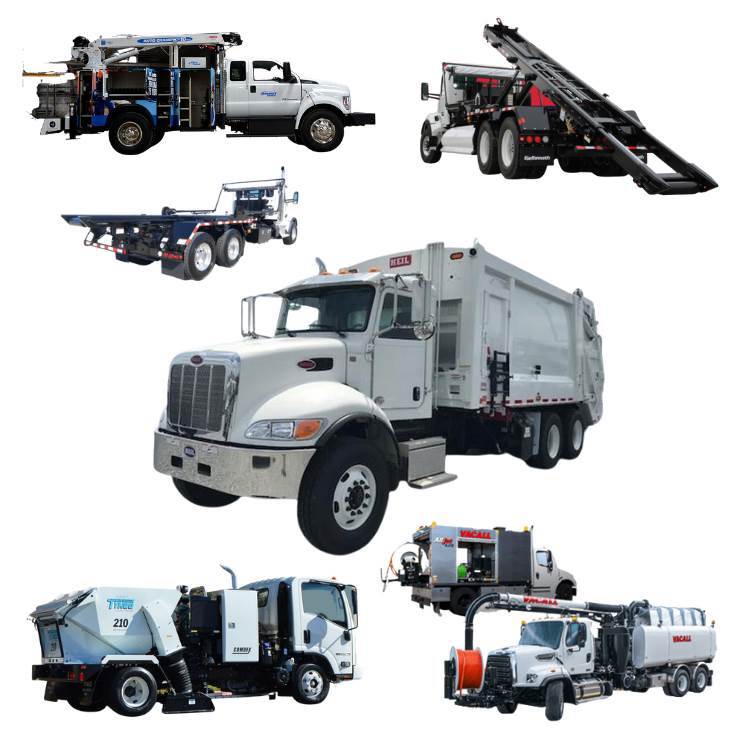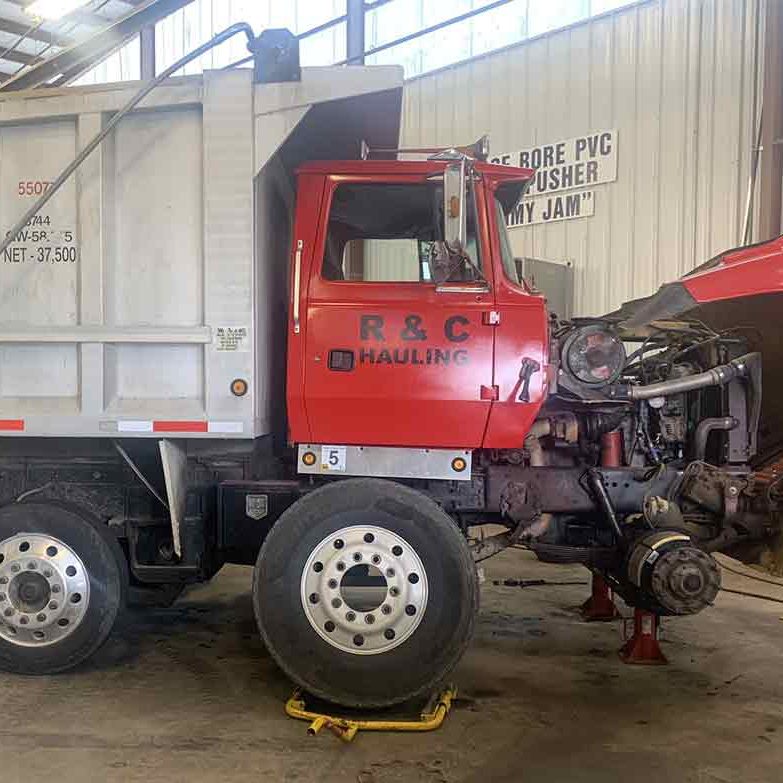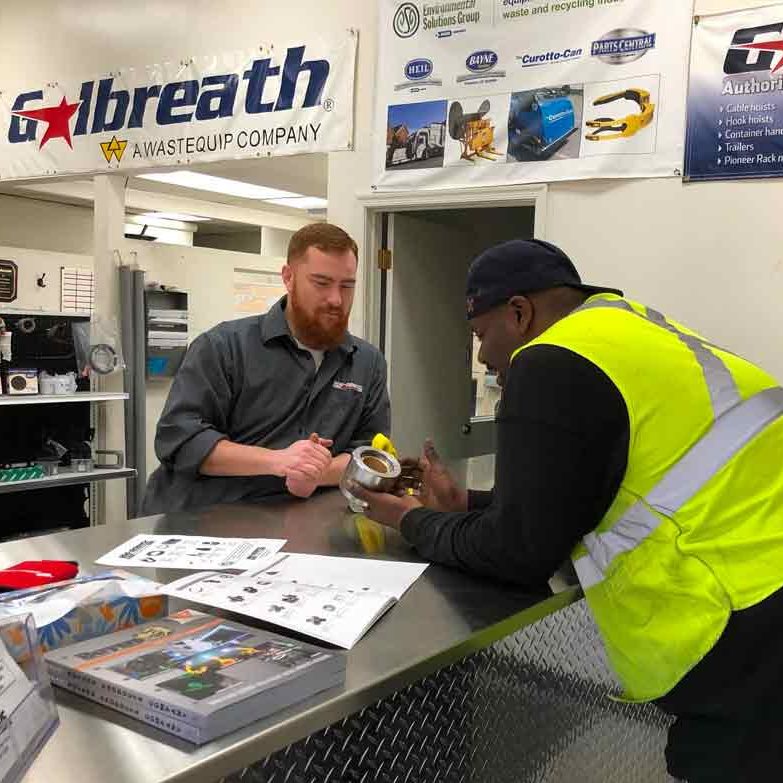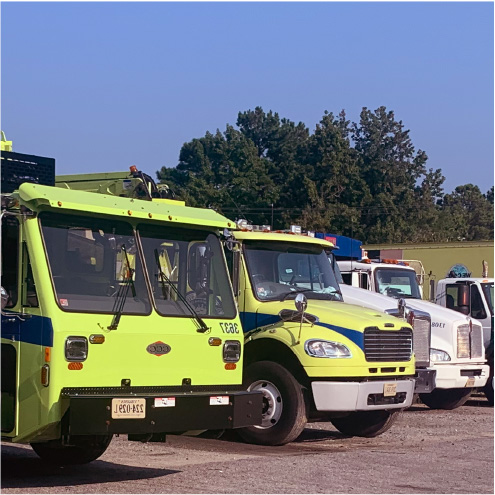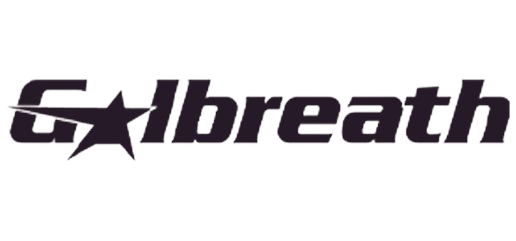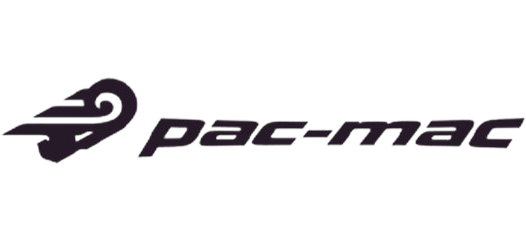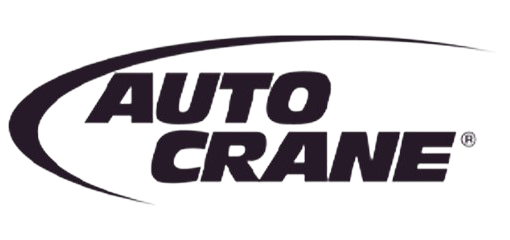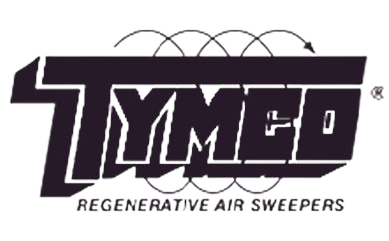Operating equipment in snow and ice requires not just skill but an awareness of the unique challenges. This blog provides crucial safety tips and best practices to navigate these harsh conditions effectively.
Essential Safety Tips for Operating Equipment in Snow and Ice:
-
Dress appropriately in layers, including insulated socks and gloves, and be mindful of clothing affecting hearing, vision, and operation of equipment.
-
Avoid touching frozen metal surfaces bare-handed to prevent cold burns and skin injuries.
-
Be cautious on icy steps, handholds, and grip plates when entering or exiting cabs.
-
Ensure clear routes, as poor traction and hidden hazards (like ditches or uneven terrain) can be dangerous.
-
Reduce speed to improve reaction times and account for slick surfaces.
-
Use additional lighting on job sites, especially in poor light conditions, to enhance visibility.
-
Regular breaks are essential to maintain energy and concentration, especially in cold weather.
See more on operating equipment in snow and ice: Winter Safety Inspection and Operating Tips for Heavy Equipment Operators
Impact of Cold Weather on Heavy Machinery Performance:
-
Cold weather affects traction, visibility, and mechanical operation of heavy machinery.
-
Low temperatures can lead to equipment freezing to the ground, so it’s advised to park on raised surfaces and keep attachments off the ground.
-
Be aware of increased risks of hypothermia, frostbite, and dehydration among operators.
See more on operating equipment in snow and ice: Cold Weather Safety Tips for Heavy Equipment Operators
Best Practices for Maintaining Heavy Equipment in Winter:
-
Salt used for de-icing can damage equipment, so it’s important to clean it off after shifts.
-
Conduct regular inspections for frozen or iced-over parts, and keep windows clear for visibility.
-
Ensure equipment is properly outfitted for winter conditions, like using appropriate tires or tracks for snow and ice.
See more on operating equipment in snow and ice: Winter Operator Tips for Your Heavy Equipment | Wagner Equipment Co.
Suitable Equipment Types for Winter Conditions:
-
Specific heavy machinery types may require additional features or equipment for winter operation, such as snow plows or heated cabs.
-
Flashing lights and sirens may be necessary for safe operation in snowy conditions.
Preparing for Unexpected Winter Challenges:
-
Operators should be trained for winter-specific scenarios and have a plan for emergencies like sudden weather changes.
-
Keeping a supply of warm beverages, healthy snacks, and emergency kits on-site can help in unexpected situations.
As the winter season unfolds, operating heavy equipment in snow and ice presents unique challenges. However, with the right knowledge, preparation, and precautions, these challenges can be effectively managed. By dressing appropriately, ensuring clear routes, and maintaining your equipment to withstand cold weather, you can ensure safety and efficiency on the job site. Remember, slowing down, staying vigilant, and taking regular breaks can make a significant difference in your winter operations. Stay safe and keep your equipment in top condition – your vigilance not only ensures your safety but also the longevity of your machinery. Let’s embrace the winter season with confidence and the assurance that we are prepared for whatever it throws our way. If you need more safety features, view our In-Stock equipment today and get in touch with a Sales Rep to see how we can help!


